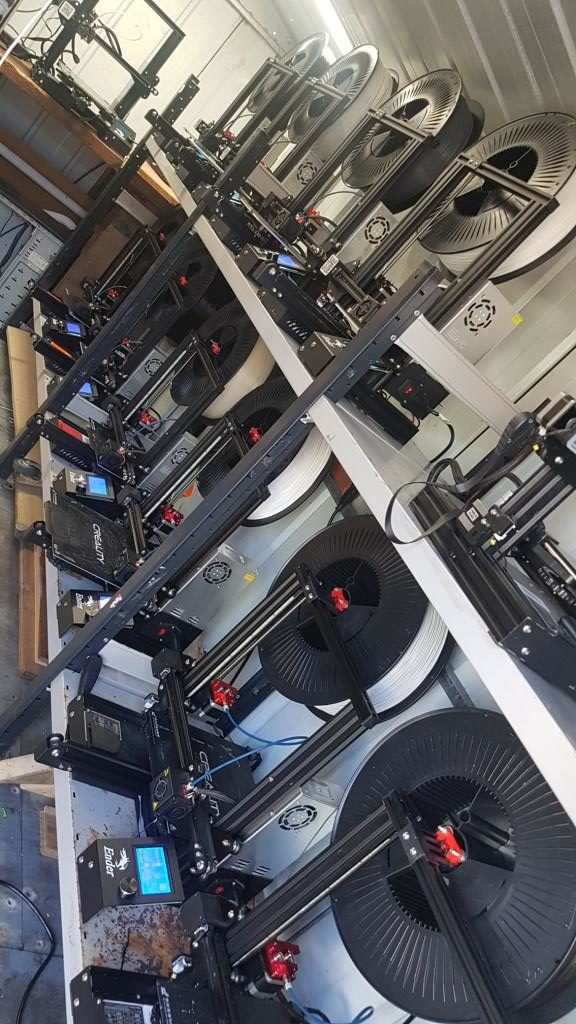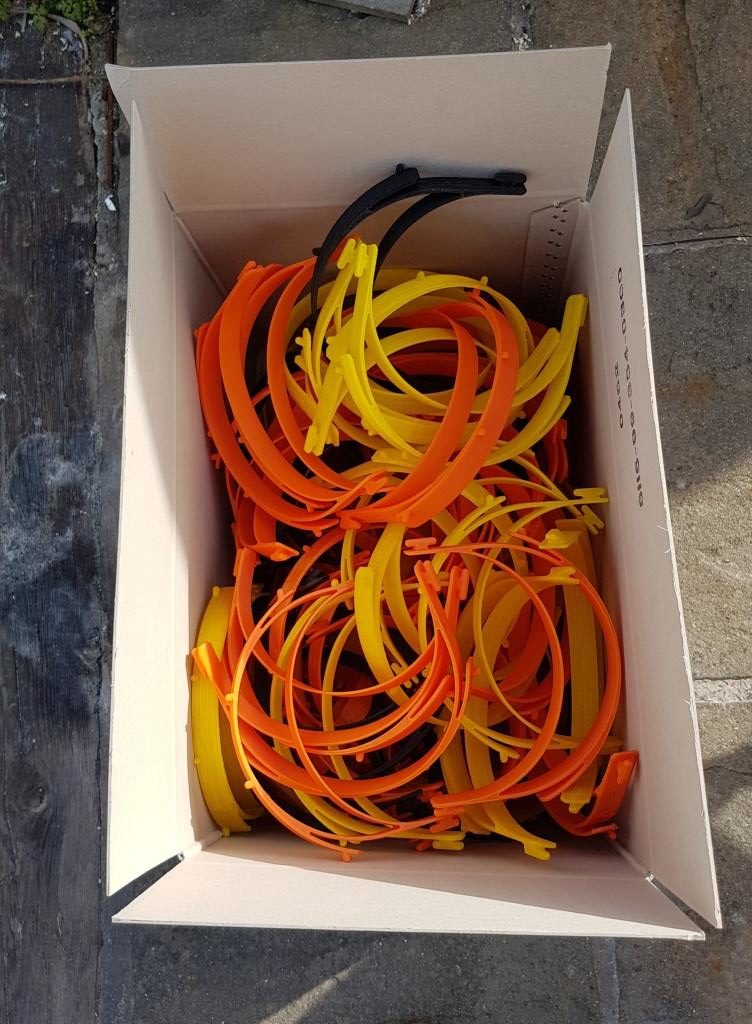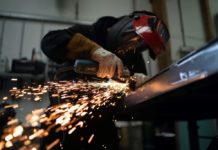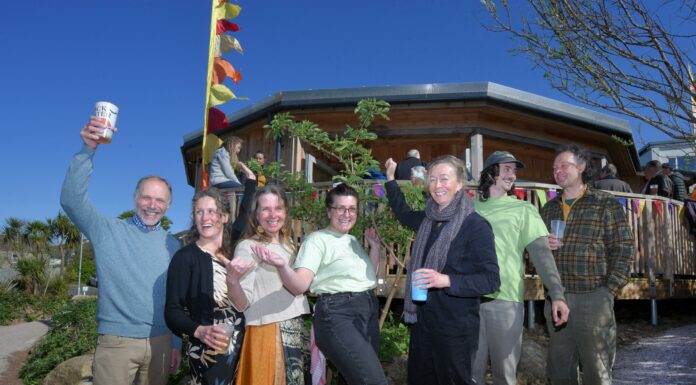Many small Cornish and Isles of Scilly based businesses have been hit hard by Covid-19. These unprecedented times are challenging for all businesses, but some have shown resilience and an ability to adjust their business models.
Robotriks Ltd, a robotics-focused research and development company established in 2018 based in Par, has embraced the challenges and adapted its business operations to help in the fight against Covid-19.
The UK faced massive shortages in PPE, research institutions and companies were all looking for solutions, the idea of 3D print replacements was born. The University of Plymouth contacted Robotriks, which has 20 3D printers and along with Plymouth Science Park, Plymouth College of Art, University of Plymouth – Digi Fab Lab and the Royal Navy, a further 16 3D printers were sourced along with Babcock International which was able to supply filament and sorted the final deliveries. With this combined effort the process moved swiftly from design, approved by the team at Derriford Hospital, to producing full face shield visors and headbands.
Robotriks business owner Jake Gibson Shaw-Sutton explained: “As the epidemic progressed the team agreed that we wanted to positively contribute towards the fight against Covid-19.
“When Plymouth University approached us, we knew we could help and were capable of mass producing in-house without any major start-up or machining costs. I optimised the approved design for our own machines, so that the largest part could be produced every six minutes in our print farm instead of the usual 4-6 hours required to print elsewhere.
“We also designed new printer mounts so that we could load up 81KG of filament simultaneously so that we never needed to waste time changing materials. This meant we were able to produce hundreds of PPE components every day, without the prerequisites or expense of injection moulding. The team worked every day, even across the Easter weekend, over 3,500 units were produced and given for free to various GP surgeries, care workers, health workers, public workers and sectors in and around Devon and Cornwall.
“We can now produce thousands of parts, of our own design, in-house, with only the minimal material and electricity costs. We are looking forward to using this capacity in the future to boost not only our prototyping capabilities, but also our final product productions.”
Robotriks recently secured an ERDF Agri-tech Cornwall Innovation Grant to develop an RTU (Robotriks Traction Unit). This unit is a low-cost autonomous platform capable of performing or assisting in labour intensive farmland tasks.
The RTU can autonomously navigate farmland with various sensors to support in a wide range of activities, such as analysing soil and plant composition to inspecting crop growth with the aim of targeting individual plants for pesticide.
Caroline Hanlan, project manager for Agri-tech Cornwall Innovation Grant, said: “We are proud to be supporting Robotriks, they are a highly innovative Cornish company and the way they have adapted their operations to support with the current epidemic is a credit to the staff and company and shows the resilience and adaptability of businesses in Cornwall.”
Agri-tech Cornwall is a £11.8 million project to increase Research, Development and Innovation in the Agri-tech sector across Cornwall and the Isles of Scilly. Running to June 2021, it is funded by the European Regional Development Fund, Cornwall Council and the Council for the Isles of Scilly.









